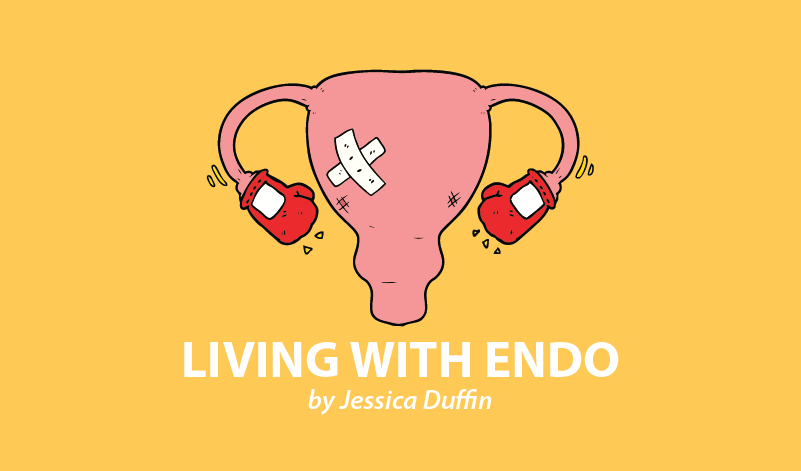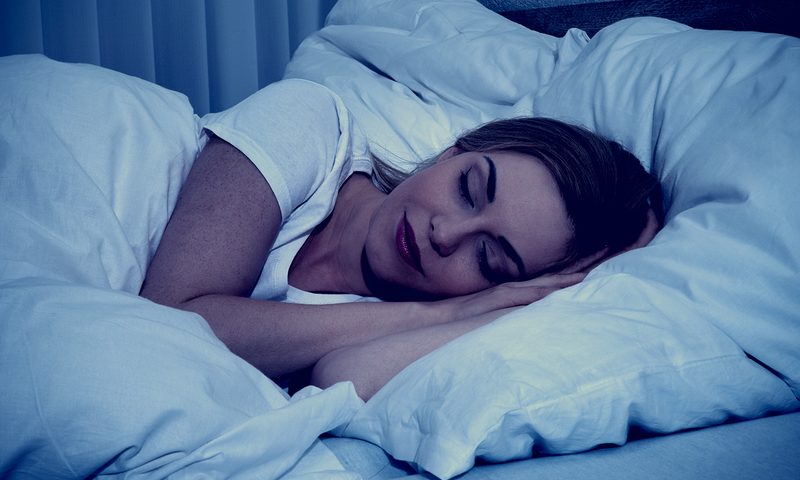
In my last column, I explored the ways in which endometriosis and associated conditions such as anxiety and depression can affect our quality of sleep, and how that, in turn, can affect our ability to feel well and cope with our symptoms.
The tips below are a mix of some of my favorite ways to end my day and to help me get a better night’s sleep. Try out the ones that appeal to you and tailor a routine to your timetable and needs. Put some steps into your evenings that fit your life and that you will look forward to. Consider it your own mini-pamper session — you’ll be grateful by the morning!
Try going to bed at the same time each night.
I try to get into bed by 10 p.m., but I always seem to work late into the evening and fall behind.
However, if you do manage it, this routine helps regulate your body clock so that your body will expect to be asleep by that time and will begin closing up the shop in advance.
Turn off your phone and laptop.
There is plenty of advice on the internet about making your bedroom technology-free, but you could start more slowly than that if the idea sounds a little unrealistic to you.
The blue light from our phones and laptops suppresses the hormone that helps us to sleep, called melatonin, by tricking our bodies into thinking we should still be awake. There are apps and settings that now help to reduce the blue light that’s emitted from our smartphones, but it also could be worth trying to switch off our phones even just 30 minutes before bed.
Our phones often keep our brains active and alert due to all of the information and colorful imagery we’re seeing on our screens. Turning off our phones in advance not only will give our bodies the chance to make melatonin, but it also will take your mind off the information overload train and give those thoughts a chance to calm down.
Meditate.
Meditating helps me gain perspective and often reminds me of what really matters so that I get a handle on the thoughts that otherwise would keep me up at night. It also has been found to trigger what’s known as the body’s “relaxation response,” which is exactly what we want just before bed.
If meditation sounds too out there, it doesn’t have to be. You can start with a simple mindfulness practice, which is backed up by science as being incredibly beneficial for reducing anxiety and stress. When I first started using mindfulness, it actually was for sleep! Headspace was how I got started, and they have a really useful sleep pack to help you unwind and drift off.
Exercise gently in the evening.
While I like to use resistance training and morning yoga sequences to wake me up, if I have the time and discipline, a five-minute evening yoga session really helps me unwind. I also find it helpful if I’ve awakened in pain or still can’t sleep at 2 a.m.
There are some easy and short evening yoga videos on YouTube, and I always find myself yawning within seconds of starting them. The moves are soft, slow, and gentle, and really lure you into a relaxed state.
Create the mood.
Creating the right atmosphere for sleep can really help your body and mind register that it’s time to unwind. Try using lamps and candles instead of the main overhead lights, or use a dimmer switch if you have one.
You also could try burning relaxing oils and incense, running a warming bath, or spraying some calming lavender onto your pillow.
Play soothing music.
Since I was a child, I have been listening to jazz and classical music to help me sleep. I stopped doing it for a long time, but recently rediscovered this amazing tool. I’ve fallen in love all over again.
Just like dance music can pump us up for the gym, calming music — whatever that is to you — can help us relax and slow us down.
Try an eye mask and ear plugs.
If you’re a light sleeper, or have streetlights shining through your window or noisy neighbors, an eye mask or ear plugs could help.
I have thin curtains, and though I struggled with my sleep, it took me a long time to realize the neighbor’s security light was affecting my sleep massively (not to mention the monotonous drip from the gutter every time it rained).
Though I now look a bit strange at bedtime, getting my hands on an eye mask and ear plugs was a complete game changer and something I wholeheartedly recommend.
What are your go-to tools for a better night’s sleep? Share them in the comments section below.
***
Note: Endometriosis News is strictly a news and information website about the disease. It does not provide medical advice, diagnosis, or treatment. This content is not intended to be a substitute for professional medical advice, diagnosis, or treatment. Always seek the advice of your physician or other qualified health provider with any questions you may have regarding a medical condition. Never disregard professional medical advice or delay in seeking it because of something you have read on this website. The opinions expressed in this column are not those of Endometriosis News or its parent company, BioNews Services, and are intended to spark discussion about issues pertaining to endometriosis.

